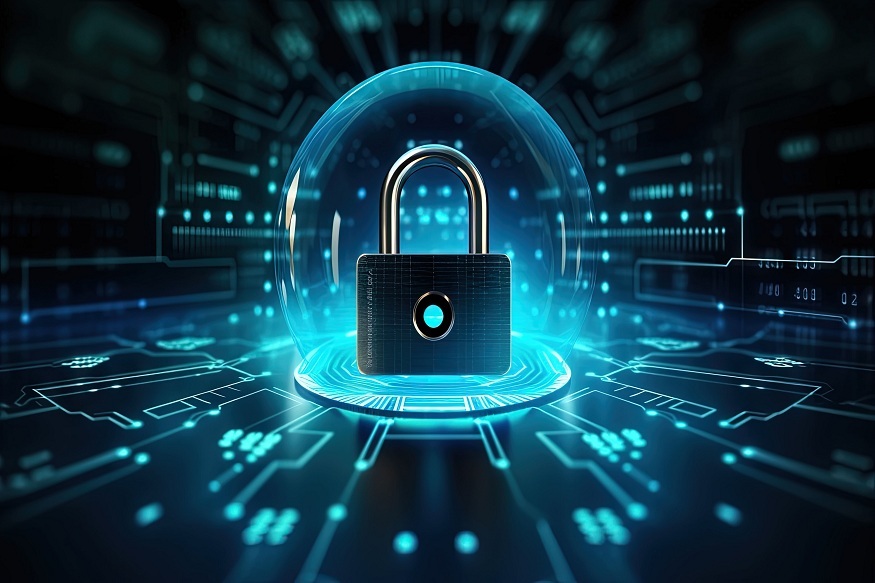Using unlicensed or improperly licensed software might seem like a way to save money for your business. But it actually puts you at enormous risk of penalties, security vulnerabilities, and other major headaches down the road. Proper software licensing is essential for protecting your company.
What is Software Licensing?
When you buy software from vendors like Microsoft, Adobe, Oracle, etc., you don’t actually own it forever. Instead, you purchase a license that grants you legal permission to install and use the software according to certain rules and limitations.
License terms cover things like how many devices can run the software, whether you can make copies, length of use before renewal, and more. Violating any of these license agreement terms, even unintentionally, constitutes piracy, which can bring harsh penalties.
The Risks of Being Unlicensed
Getting caught with unauthorized or under-licensed software installations doesn’t just make you a pirate, it opens your business up to a tidal wave of potential issues:
Fines & Legal Troubles
Software companies actively audit businesses and crack down on piracy to protect their intellectual property. You could face stiff fines of tens or even hundreds of thousands of dollars. In some cases, there may even be criminal charges.
Security Nightmares
Unlicensed software does not receive critical updates from vendors that patch security holes and vulnerabilities. This leaves your systems exposed to viruses, malware, and hacking, which could cost you way more than just buying legit licenses.
Update/Upgrade Woes
You are stuck using old clunky program versions since you cannot access upgrades or updates reserved for paid licenses. This progressively degrades productivity and compatibility.
Compliance Violations
Many industries have rules requiring companies to use fully licensed authentic software. Being out of compliance could nullify certifications or contracts you need to operate.
As you can see, the risks of unlicensed software multiply and can potentially cripple your entire business when things go sideways. No clever workarounds are worth those potential consequences.
Doing Licensing Right
So how can you make sure your business steers clear of any software licensing hot water? Here are a few simple, but crucial, steps:
Establish Policies & Documentation
Have clear procedures around procuring, deploying, and tracking licensed software that everyone must follow. Appoint someone to oversee license compliance documentation.
Budget for Licenses Up Front
Software licenses with support are not cheap but attempting to circumvent fees illegally is way more expensive in the long term. Factor it into your tech budgets from day one.
Keep Immaculate Records
Maintain a detailed real-time inventory of all the licensed software you own across your entire organization. Record purchase info, deployment locations, etc.
License Management Tools
Leverage software that monitors and maintains compliance across your IT infrastructure. This prevents accidental oversights or deployment infractions.
Regular Audits & Optimization
Periodically audit your software licenses and workloads to identify any gaps or optimization opportunities. For example, according to those at Miro Consulting, an Oracle or Java license review may find ways to consolidate requirements.
Taking a systematic, proactive approach to software licensing means you’ll always remain compliant and secure while avoiding any unpleasant legal or financial shockwaves.
Conclusion
Using improperly licensed or pirated software might seem tempting to save money for your business, but it is severely risky and short-sighted. You need to view legitimate software licensing not as an annoying expense, but as an essential insurance policy that safeguards your company’s future.
With some basic groundwork, processes and tools, your business can maintain a spotless licensing situation while maximizing your software investments. It’s just smart business protection – don’t let unlicensed software be the chink in your armor.

